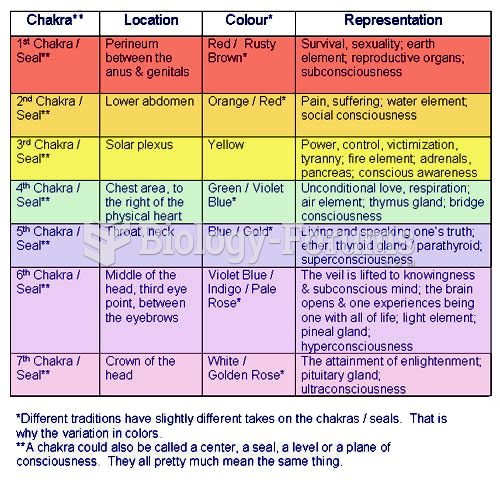|
|
|
A serious new warning has been established for pregnant women against taking ACE inhibitors during pregnancy. In the study, the risk of major birth defects in children whose mothers took ACE inhibitors during the first trimester was nearly three times higher than in children whose mothers didn't take ACE inhibitors. Physicians can prescribe alternative medications for pregnant women who have symptoms of high blood pressure.
The first documented use of surgical anesthesia in the United States was in Connecticut in 1844.
Women are 50% to 75% more likely than men to experience an adverse drug reaction.
The familiar sounds of your heart are made by the heart's valves as they open and close.
On average, someone in the United States has a stroke about every 40 seconds. This is about 795,000 people per year.







